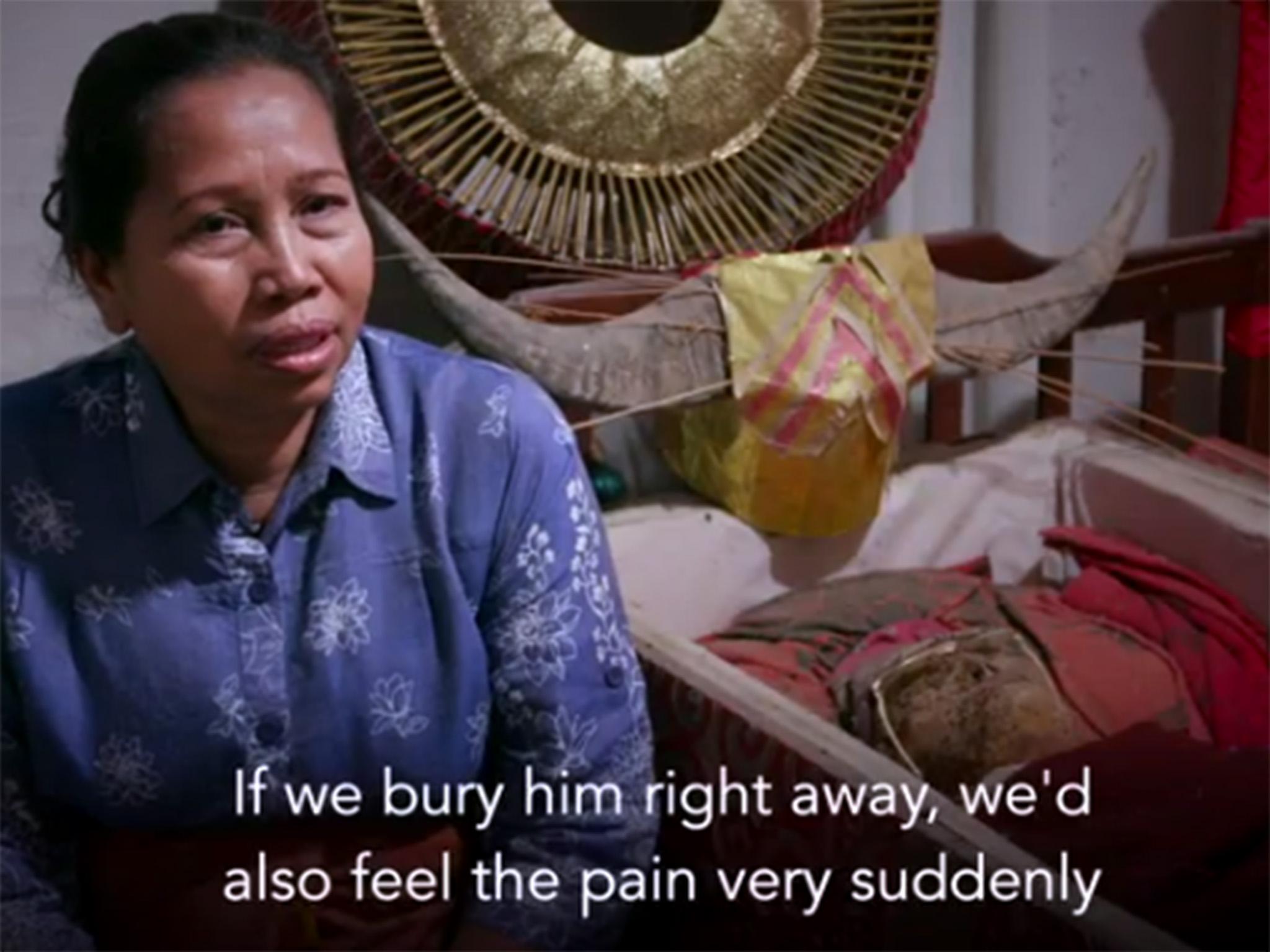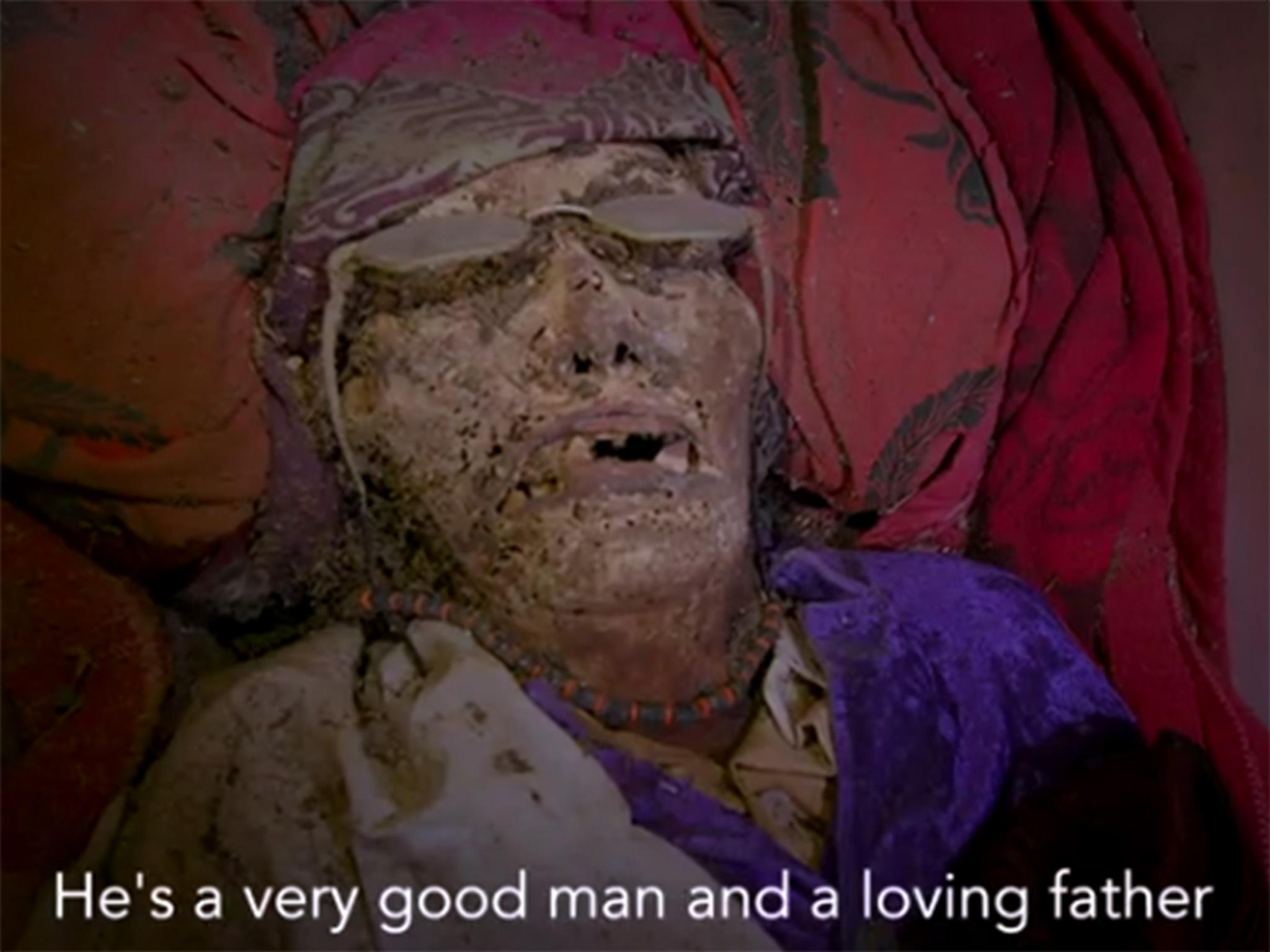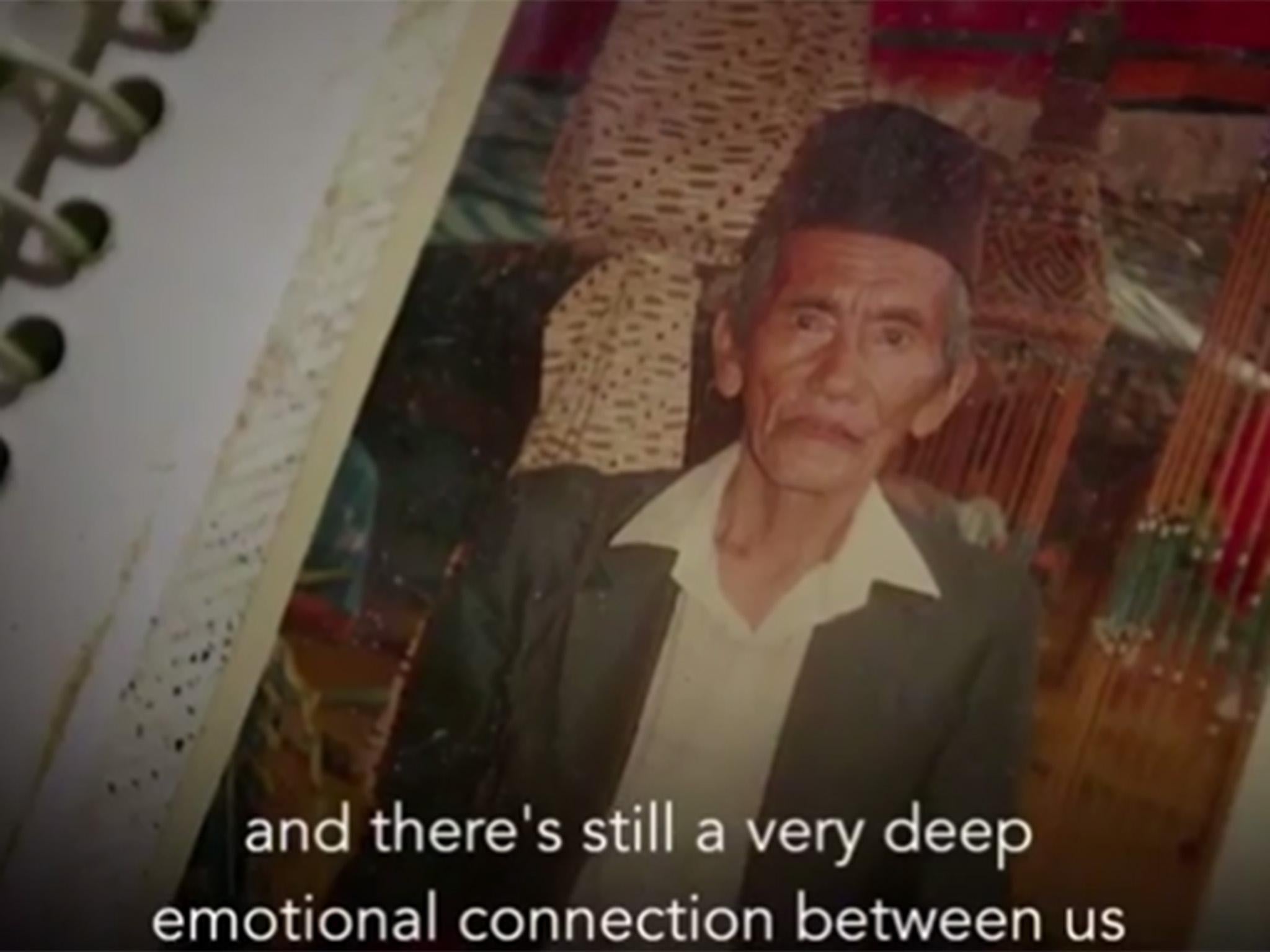Living with the dead: The Indonesian village treating relatives' corpses as if they’re alive
Warning: Readers may find some of the images in this story disturbing
Your support helps us to tell the story
From reproductive rights to climate change to Big Tech, The Independent is on the ground when the story is developing. Whether it's investigating the financials of Elon Musk's pro-Trump PAC or producing our latest documentary, 'The A Word', which shines a light on the American women fighting for reproductive rights, we know how important it is to parse out the facts from the messaging.
At such a critical moment in US history, we need reporters on the ground. Your donation allows us to keep sending journalists to speak to both sides of the story.
The Independent is trusted by Americans across the entire political spectrum. And unlike many other quality news outlets, we choose not to lock Americans out of our reporting and analysis with paywalls. We believe quality journalism should be available to everyone, paid for by those who can afford it.
Your support makes all the difference.In most cultures the dead are buried or cremated within days of passing away, but Indonesia's Torajan people keep the bodies of their relatives to "live" at home with them, sometimes for years after their deaths.
Providing corpses with their own rooms, they are washed and their clothes are regularly changed.
Food and cigarettes are brought to them twice a day and they have a bowl in the corner that acts as their "toilet".
The bodies of the dead are injected with a preservative called Formulin, which stops the bodies from decomposing.

One Torajan woman told BBC journalist Sahar Zand that she kept the body of her father, Paulo Cirinda, in her home for 12 years.
“If we buried him straight away, we would also feel the pain very suddenly,” Mamak Lisa said. “We wouldn't get time to deal with the grief and adjust to the separation."
Ms Lisa added her father is “still sick”. Illness is often used to describe the dead.

“He's a very good man and a loving father and there's still a very deep emotional connection between us,” told the BBC.
The tradition for the million plus Toraja community dates back centuries. With animist beliefs - the doctrine that every natural thing in the universe has a soul - the line between this world and the next world is blurred.

Even after a funeral ceremony is completed, the physical relationship between the dead and the living still continues through a ritual called ma'nene, or the “cleaning of the corpses," according to the BBC.
The ritual involves digging up the coffins of dead loved ones every couple of years and grooming and cleaning them. Then, family members typically pose with their deceased relatives for fresh family portraits.
The biggest funerals in the Torojan culture are typically held in the dry season months of July and August, according to Lonely Planet.
Tourism to the area typically sees a boost during the summer months, with many travellers looking to experience Torojan rituals around death first hand.

Join our commenting forum
Join thought-provoking conversations, follow other Independent readers and see their replies
Comments